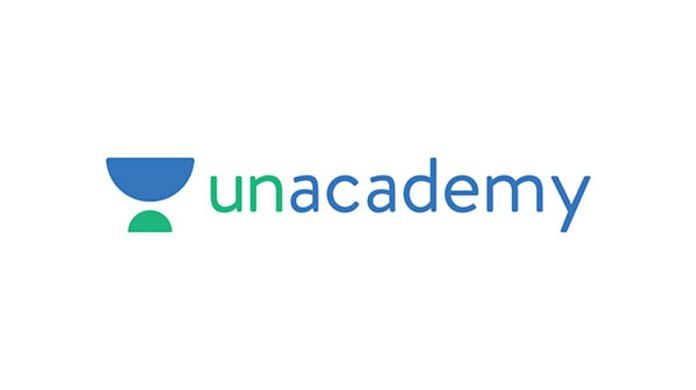New Delhi: The National Consumer Disputes Redressal Commission (NCDRC) last week ordered a stay on a penalty of Rs 1 lakh on ed-tech giant Unacademy for manipulation of statistics in UPSC advertisements, noting that the matter required further consideration.
The commission was hearing an appeal by Unacademy against an order in a suo moto case by the Central Consumer Protection Authority (CCPA), which imposed the penalty and ordered the platform to discontinue its disputed advertisement claiming that 26 percent of UPSC rankers were its students.
It may be recalled that the Consumer Protection Act, 2019 had established the CCPA to regulate violation of consumer rights, unfair and misleading advertisements, and undertake promotion of consumer rights.
In its order, the CCPA noted that coaching institutes deliberately concealed important information and portrayed students as having pursued long-term courses with the platform in lieu of free or mock courses, thereby misleading potential candidates.
Unacademy, on the other hand, claimed that despite submitting accurate data, the authority had based the order on “factually incorrect observations” as it was “unable to comprehend” or record the data in interim orders.
After hearing Unacademy’s appeal, argued by advocate Sumeer Sodhi, NCDRC president Justice A.P. Sahi stayed the penalty imposed, noting there was a need for consideration of the matter by the Bench.
“Prima facie (on first look), the matter needs consideration. Until further orders of the court, the impugned order imposing penalty on the Appellant [Unacademy] remains stayed,” the consumer commission said last week.
In August 2022, Unacademy released an advertisement claiming that 3 out of the top 5 UPSC rankers and 26 percent of all UPSC rankers were students of the platform. It made the claims based on statistics.
The CCPA then initiated a suo-moto case last September against the platform’s corporate entity, Sorting Hat Technologies, requiring it to substantiate the data behind the claim.
In multiple hearings, the platform supplied data to the authority, which it claimed before the NCDRC, had not been properly and accurately recorded in the orders of the CCPA.
The platform claimed that all data submitted by it were accurate and details such as whether the course was complimentary or paid need not be disclosed in advertisements as they were “immaterial”.
“The Authority has chosen to ignore the data provided by the Appellant to show that each and every claim made by it was correct and can be proved by evidence.”
Unacademy also claimed before the NCDRC that the receivers of the advertisements were not laymen but “informed individuals” who were well-versed with the system and the advertisements could not be misleading as no consumer themselves had submitted they felt cheated.
The CCPA concluded that Unacademy deliberately hid important information pertaining to its claimed achievers which amounted to “misleading advertisement” under law.
In the October 2023 order, the CCPA made scathing remarks against Unacademy and noted that its claims were misleading as “innocent consumers” fell in the trap of believing that all students achieved success after joining long-term courses by the platform.
On the other hand, successful candidates opted for a free-of-charge mock interview after clearing the prelims and mains stages on their own, the authority noted.
The CCPA also noted that institutes often adopt deceptive practices to mislead “gullible” students by portraying that the advertised students have undertaken long term courses with the institutes.
“Every year, hundreds of aspirants from across India move to different states to pursue their dream of becoming an IAS officer. But only a few clear the exams and most aspirants are caught in the web for years barely managing to keep the dream alive,” the authority had observed.
“Such institutes deliberately conceal important information from the consumers with respect to the specific course that was opted by the said successful candidates. Without truthful & honest disclosures, such advertisements fall in the category of misleading advertisements.”
This penalty was consequently appealed by Unacademy before the NCDRC in November last year, according to the provisions of the consumer law.
The case will be next heard in July 2024. There lies an appeal against the order in these cases in the apex court, which will give finality to the verdict.ᐧ
Akshat Jain is a student of the National Law University, Delhi, and an intern with ThePrint.
(Edited by Tikli Basu)
Also read: How this Kerala police chief’s student programme went global. Even UNICEF is a partner



